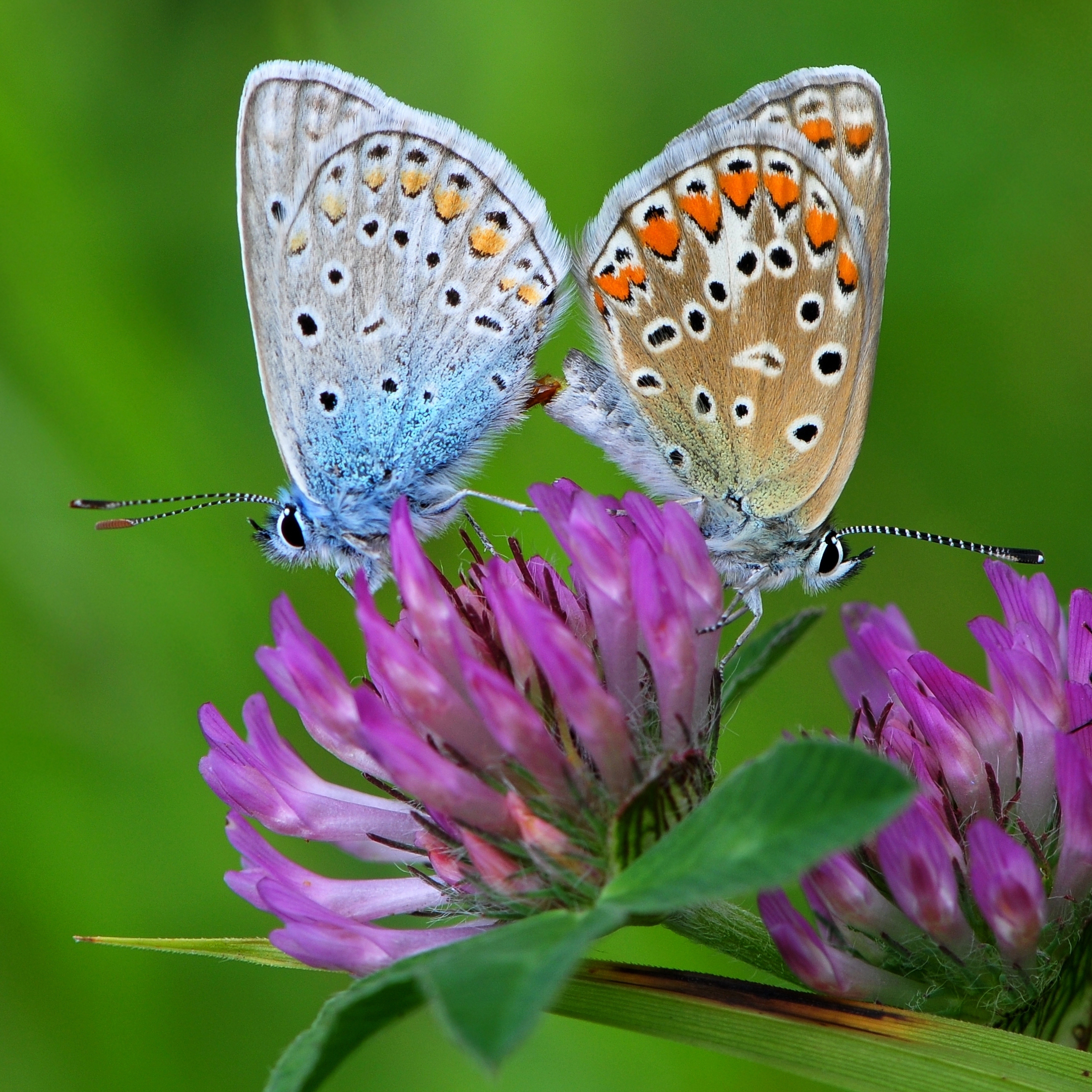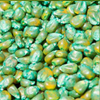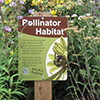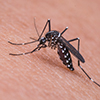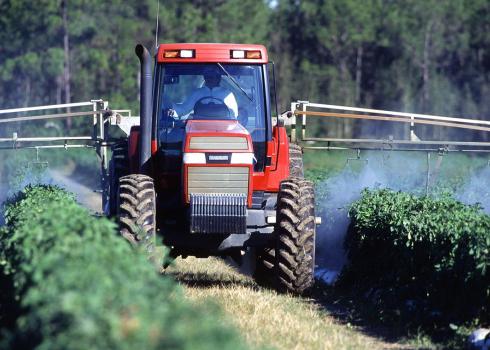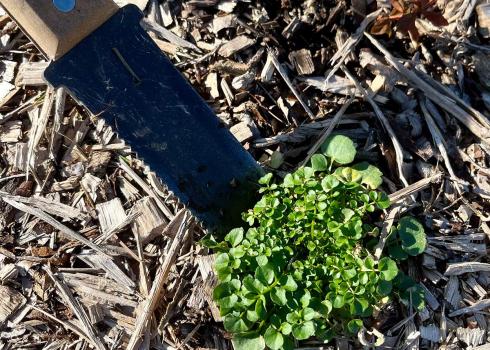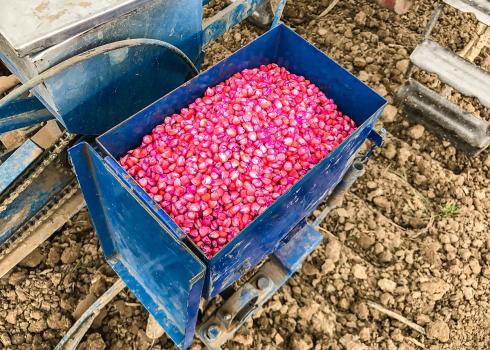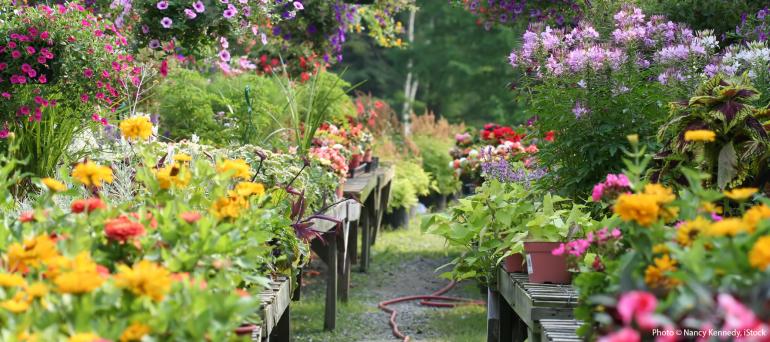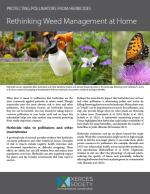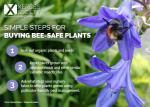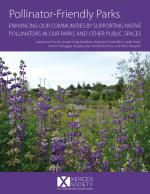The vast majority of invertebrates serve vitally important roles in a healthy environment, including controlling pests, pollinating flowering plants, and providing food for other wildlife. Only a very small number of invertebrates are pests. Yet, the pesticides designed to control unwanted plants and animals rarely distinguish between beneficial invertebrates and those which cause harm. All too often pesticides cause unintended consequences and disrupt the natural systems that sustain us. But, because pesticides are valued for their toxicity to pests, the risks they pose are often accepted—even when healthier, more sustainable options are available.
As part of the Xerces Society’s conservation efforts we strive to reduce reliance on pesticides by supporting the diverse systems that reduce pest problems. Xerces’ staff is sought after to translate complex science so that farmers, backyard gardeners, agency staff, and policy makers can make informed decisions about pesticide use and regulation. And by providing on-the-ground technical support we are increasing the adoption of ecologically sound pest management practices everywhere.
Conservation Biological Control
Integrate beneficial insects back into crop systems for natural pest control.
The Risks of Pesticides to Pollinators
Learn more about specific impacts on pollinators, and how to avoid them.
Xerces Model Policy to Protect Pollinators from Pesticides
You can make your community more pollinator-friendly!
Understanding Neonicotinoids
Take a deeper look at the negative impacts of these widely-used insecticides.
Protecting Pollinators In Your Garden
Learn more about how home gardeners can reduce or eliminate pesticide use to avoid impacts on pollinators.
Effective Mosquito Management
Careful planning and common-sense actions are the most effective and safest mosquito management techniques.

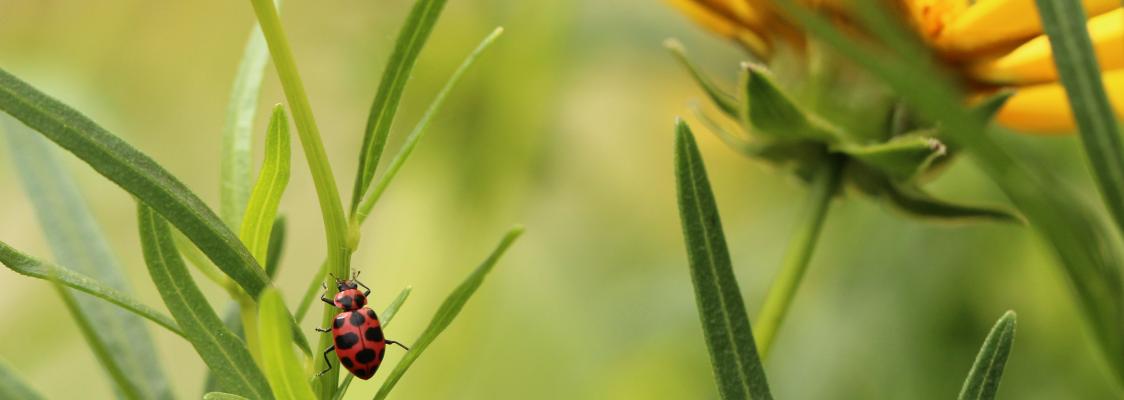

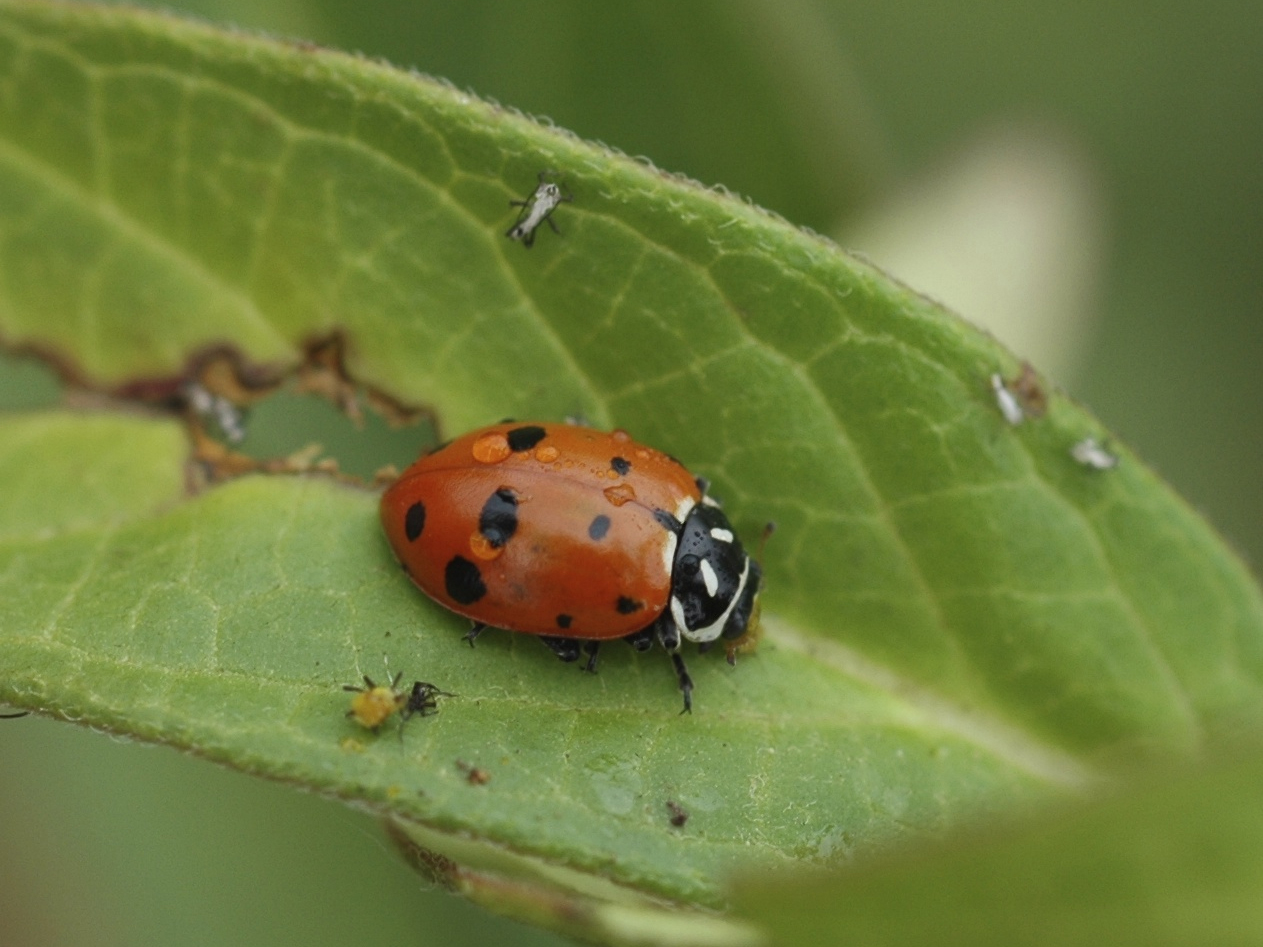
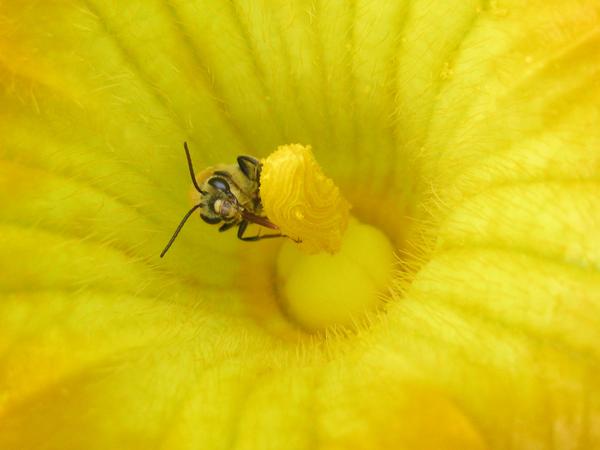
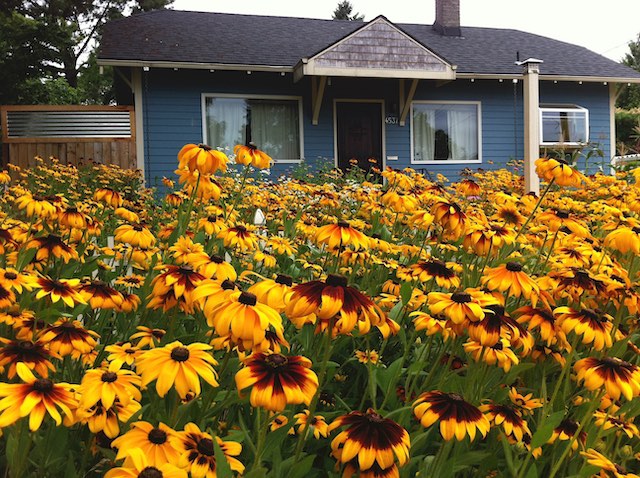

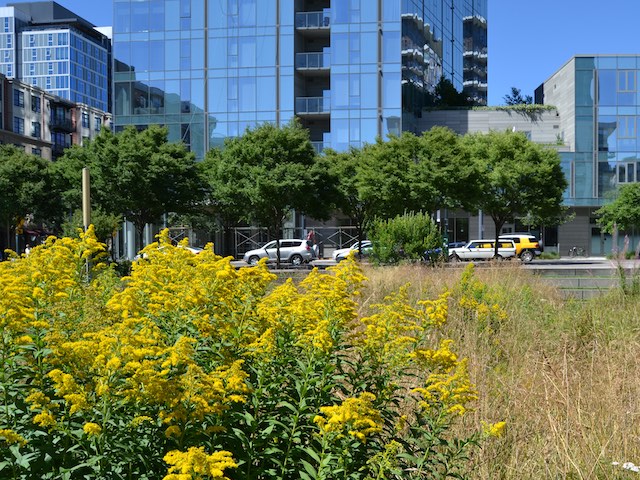
-2.jpg)
-2.jpg)
%20square.jpg)

